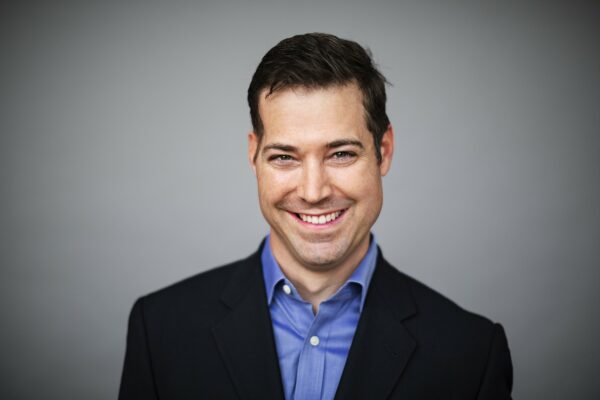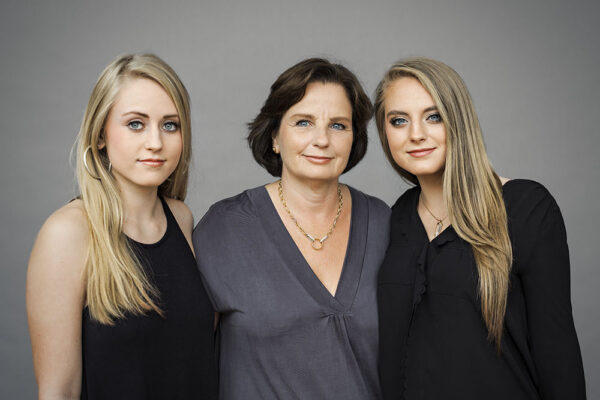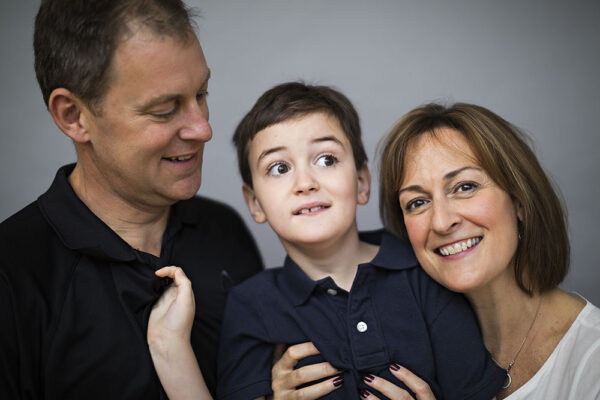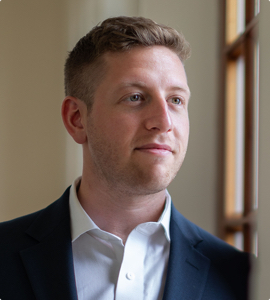When Matt Rahn was introduced to BRF three years ago it was all about his family. His immediate concern was for his twin sisters who might be at risk for early onset Alzheimer’s disease. Matt and his sisters knew all too well what that might mean, having seen their mother struggle with the disease. Since then,Matt’s involvement with brain disorders has gotten even more personal.

Soon after I heard about the BRF, I started showing signs of seizures. Tests quickly identified a brain tumor. After my second surgery I had a stroke. Between the physical and cognitive damage, I’ve had a lot going on.
Family concerns
Matt Rahn is about as close to the work of the Brain Research Foundation as one person can be.
For twenty years he and his twin sisters have experienced the anguish of seeing their mother become progressively diminished by early onset Alzheimer’s disease. For the past five years or so, he’s been helping his sisters face up to growing concerns that they might also develop the disease as they near the age at which their mother was diagnosed.
Over and above the neurological health of his mother and sisters, for the past two-plus years Matt has had his own challenges.
Three more lives interrupted
Everything was going so well. Matt and his wife were just getting to know their 2-month-old daughter. Matt was doing very well at a prestigious consulting firm. He was proud to be on track to become a partner at age 39. Then doctors told him that the epileptic seizures he was experiencing were due to a brain tumor. After surgery, Matt learned he had stage III brain cancer. Radiation and a year of chemotherapy led to a second surgery during which Matt suffered a debilitating stroke. A year of strenuous rehabilitation has produced fine results, but everything has shifted.
So many people to help
Matt has had plenty of surprises since his diagnosis. He never realized, for example, how many in his circle of friends, colleagues, and acquaintances have been touched by neurological issues. As a result, Matt has become increasingly aware of the pressing need for continued research on multiple fronts.
He hopes his continued support for the BRF will help and he appreciates that 100% of his contributions go to fund research— nothing siphoned off to pay for overhead.
Investing in innovation
Matt also likes the Foundation’s commitment to supporting new investigators and new approaches. “If researchers don’t get early funding to run limited tests, they can’t get bigger grants. It’s exciting to know that my donation functions like investor capital to drive more research,” he said.
When he was an advisor to many well-regarded firms, Matt saw plenty of organizations held back because their people work in silos, focused solely on one piece of the enterprise.
“True innovation doesn’t come from thinking linearly,” Matt said. “Innovation comes from very smart, passionate people thinking creatively. I tell my friends, ad nausea, that the BRF is going after innovative ideas. That’s exciting.”



